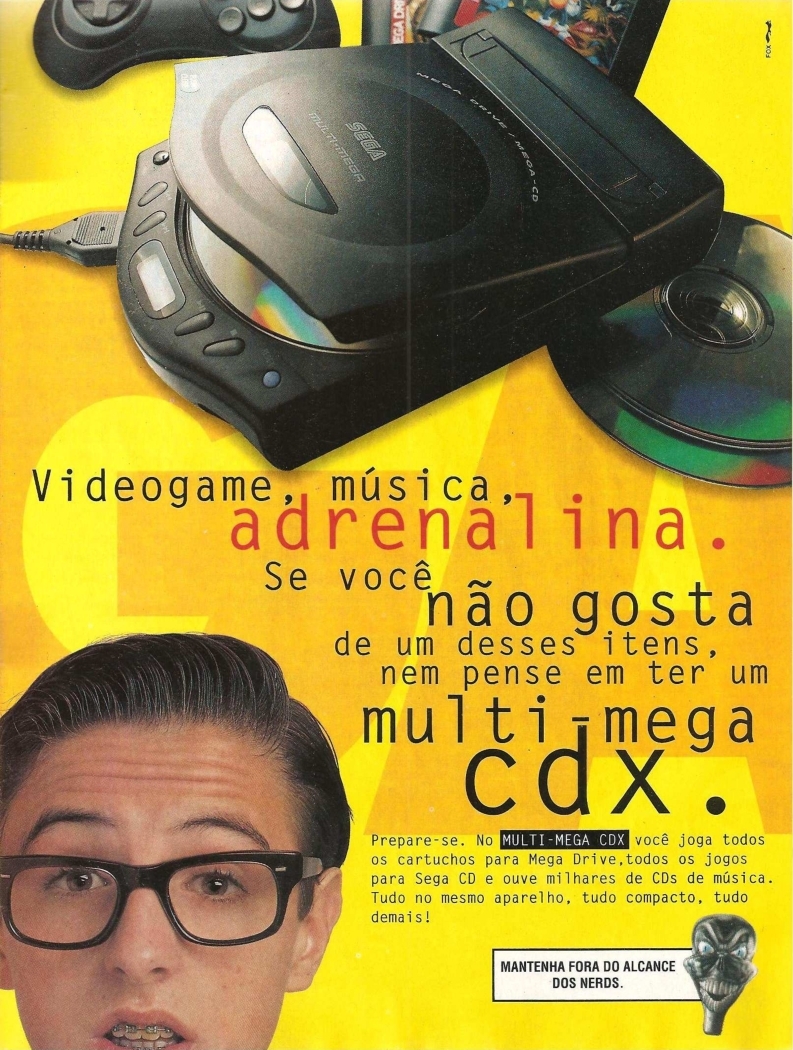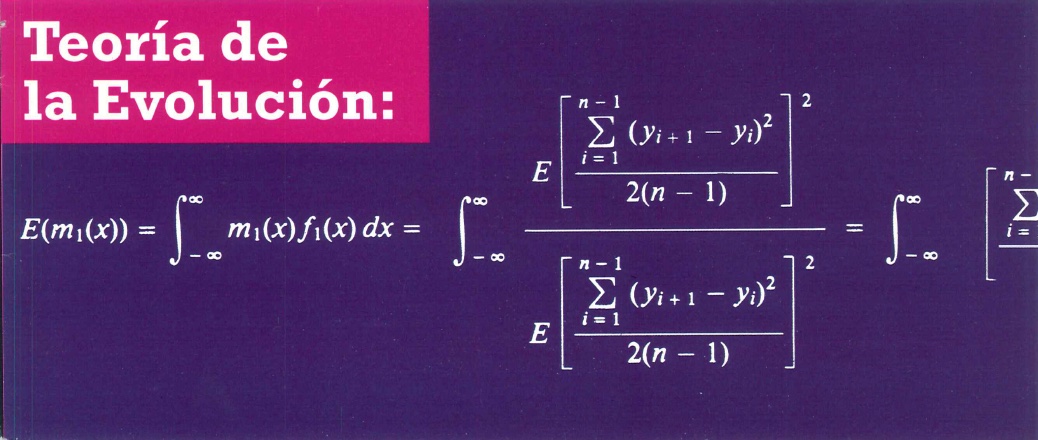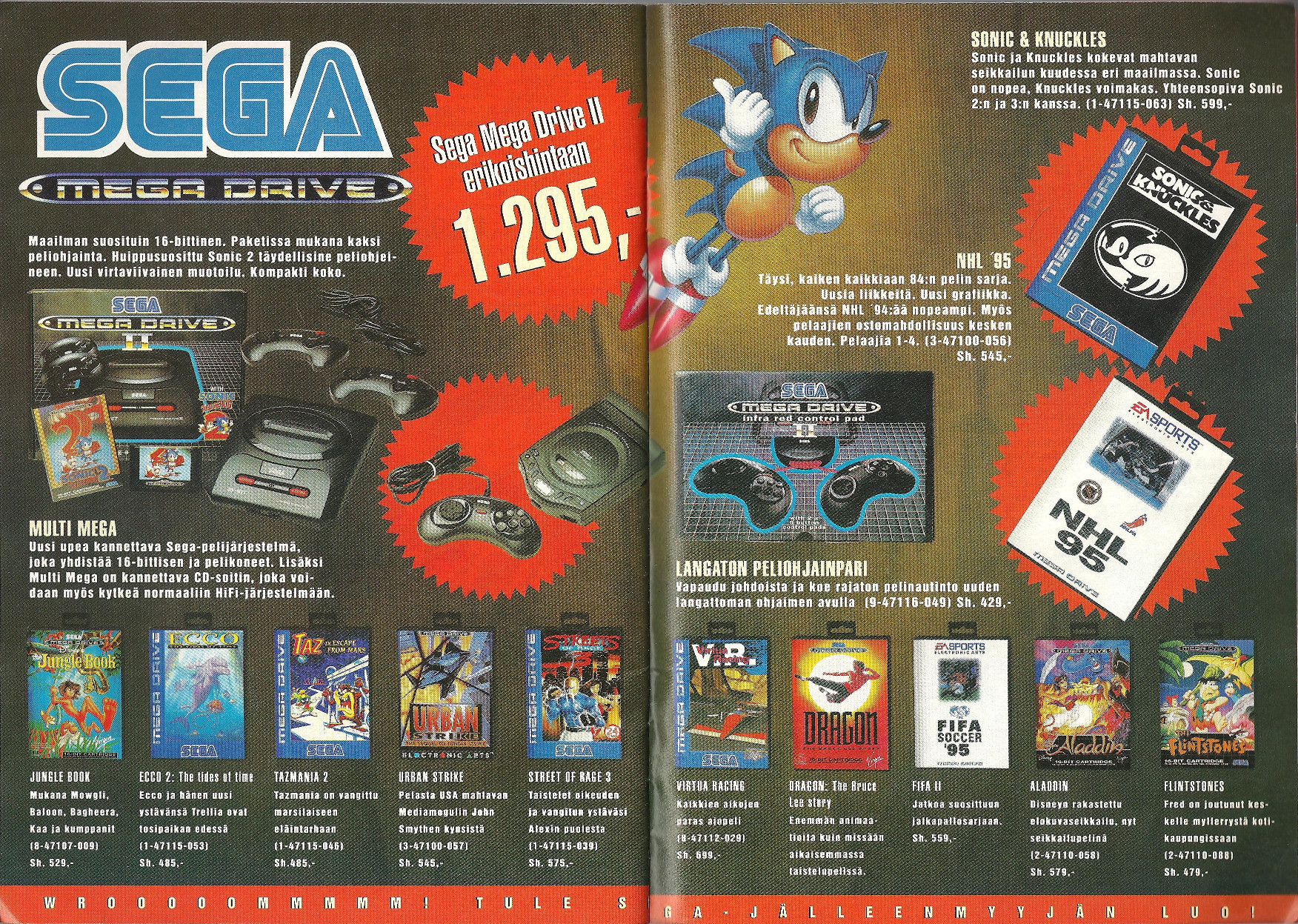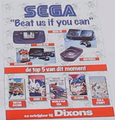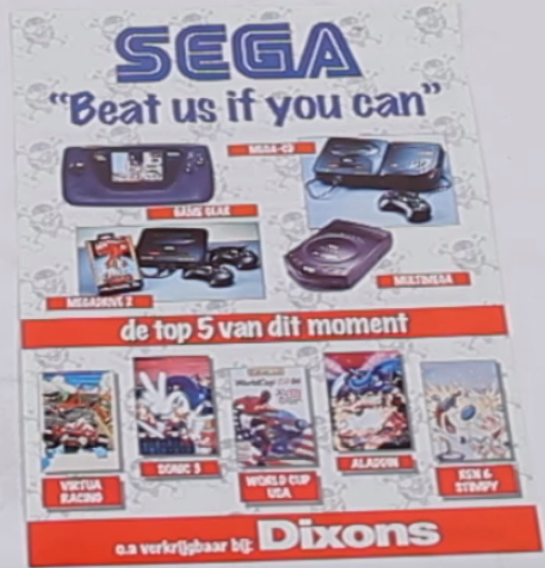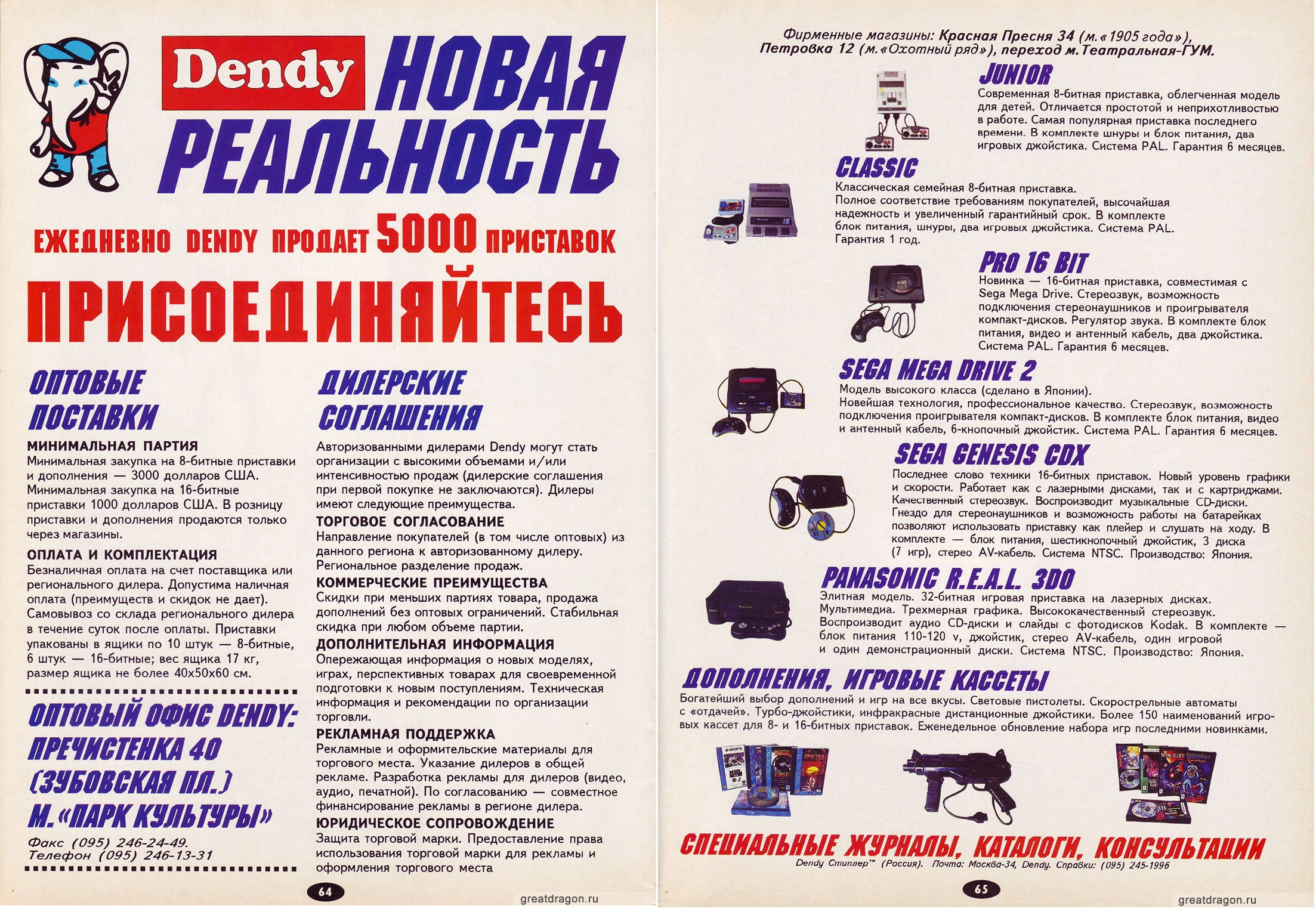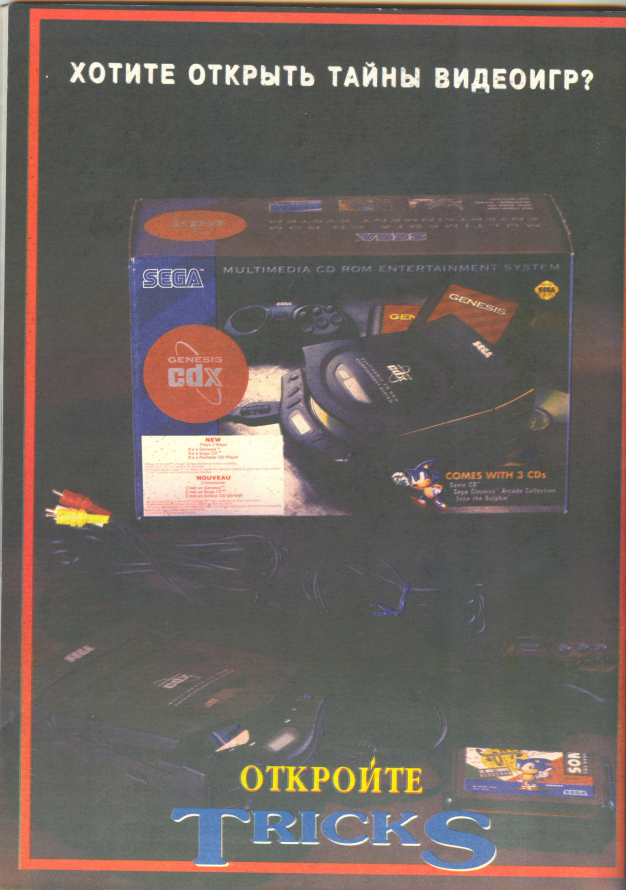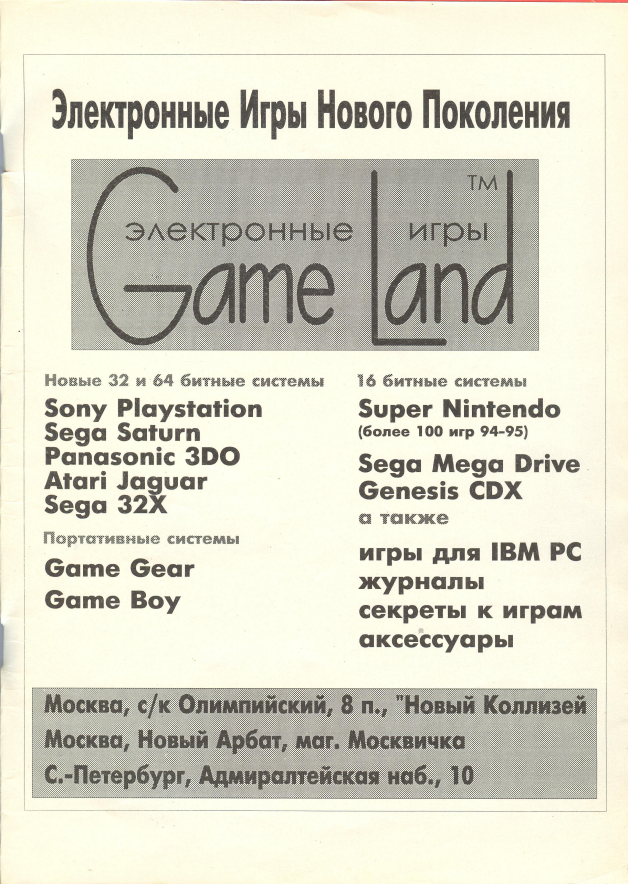Difference between revisions of "Sega Multi-Mega"
From Sega Retro
Lukdriver14 (talk | contribs) |
(summary rewrite) |
||
| Line 19: | Line 19: | ||
}} | }} | ||
}} | }} | ||
| − | The '''Sega Multi-Mega''' | + | The '''Sega Multi-Mega''', known in North America as the '''Sega Genesis CDX''' and in Brazil as the '''Sega Multi-Mega CDX''', is a combination [[Sega Mega Drive]], [[Sega Mega-CD]], and [[wikipedia:Portable CD player|portable CD player]] developed by [[Sega]] and released in April 1994. |
==Hardware== | ==Hardware== | ||
Revision as of 03:07, 10 June 2021
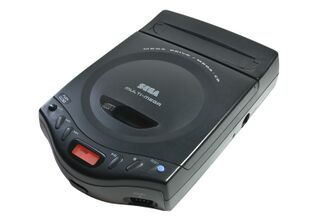
| |||||||||||||||||||||||||||||||||||
| Sega Multi-Mega | |||||||||||||||||||||||||||||||||||
|---|---|---|---|---|---|---|---|---|---|---|---|---|---|---|---|---|---|---|---|---|---|---|---|---|---|---|---|---|---|---|---|---|---|---|---|
| Manufacturer: Sega | |||||||||||||||||||||||||||||||||||
|
The Sega Multi-Mega, known in North America as the Sega Genesis CDX and in Brazil as the Sega Multi-Mega CDX, is a combination Sega Mega Drive, Sega Mega-CD, and portable CD player developed by Sega and released in April 1994.
Contents
Hardware
As with any home Mega Drive, the unit needs to be plugged into a television in order for Mega Drive and Mega CD games to be played. It must also be connected to a power supply to be used in this way, however, as a CD player it can also be run on battery power, as the unit was also designed to be portable. Due to the Mega Drive additions, the unit is larger and heavier than most other portable CD players on the market at the time.
The Multi-Mega uses the same power adaptor and A/V leads as the Mega Drive model II. These are connected to the right hand side of the unit. Also included is an 1/8" headphone socket, which works for both CDs and games, and a volume control. There is also a line out socket for hooking up to a hi-fi system.
The unit features the last version of the Mega CD Bios, v.2.21. Like the Mega CD and the Sega Saturn, it is compatible with CD+G discs.
The front of the unit has controller port 1 on the far left, a power button in the middle, and controller port 2 on the far right. This spacing breaks compatibility with Electronic Arts' 4 Way Play multitap peripheral, and the Remote Arcade System. The functions of both these peripherals can still be obtained through third-party accessories.
New to the Multi-Mega are CD controls seen on the top of the unit. From left to right these functions include; the open button for the CD lid, seek buttons for the CD player, a small LCD screen in the middle displaying the current track number (including which audio track it's currently playing in-game) (or ACCESS when loading a game), play/pause button, a stop button, and a small blue reset button.
In all cases the Multi-Mega was packaged with a 6-button control pad, a power adaptor, a Red-White-Yellow style A/V cable (probably an RF cable in Europe). North American bundles included Sega Classics Arcade Collection (which contains Streets of Rage, Columns, Super Monaco GP, The Revenge of Shinobi and Golden Axe), Sonic CD and Ecco the Dolphin with the console. In Brazil it was bundled with Night Trap.
The unit did not reach Japan as the Multi-Mega, but instead the design was licensed to Linguaphone, who rebranded the unit as the Linguaphone Education Gear. Very little is known about this version of the unit, though it can be assumed it was intended for education purposes.
Production of the Multi-Mega ceased when the Sega 32X hit the market, with Sega announcing that the Multi-Mega was a novelty item rather than a console designed for the mainstream audience. Multi-Megas were not designed to be used with the Sega 32X, but are fully compatible. They are also compatible with the Power Base Converter for Master System titles, and even the original design for the Model 1 will work as the end section hangs far away from the back of the system.
Despite not being a priority for Sega, the Multi-Mega's reduced price meant that it is often seen as a better deal than buying a Mega Drive and Mega CD separately, however its short production run means that Multi-Megas are often rarer and more expensive than standard Mega Drive and Mega CD consoles. Sega would later attempt to package a Mega Drive and 32X into one unit as the Sega Neptune, but this would never leave the prototype stage.
Gallery
Models
- See: Multi-Mega consoles.
Magazine articles
- Main article: Sega Multi-Mega/Magazine articles.
Promotional material
- Score (CZ) #18: "Červen 1995" (1995-06-01)
- Tricks (RU) #4: "4/95" (1995-xx-xx)
- Tricks (RU) #5: "5/95" (1995-xx-xx)
- Biblioteka zhurnala Tricks. Vypusk 1. Mortal Kombat 1-3 (RU) #1 : "" (1995-xx-xx)
Catalogues
References
| Sega Mega-CD | |
|---|---|
| Topics | Technical specifications | History | Magazine articles | Promotional material |
| Hardware | Mega CD (Asia | North America | Western Europe | Eastern Europe | South America | Australasia | Africa) Sega Multi-Mega (Asia | North America | Europe | South America | Australasia) Wondermega | LaserActive | CSD-G1M |
| Misc. hardware | CD BackUp RAM Cart | Mega-CD Karaoke | Pro CDX |
| Development tools | SNASM Mega-CD | PsyQ Mega-CD SDK | PSY-Q CD Emulation System (Mega-CD) |
| Unreleased hardware | Game Genie |






